Optimize T-levels naturally: What diet changes improve men’s hormonal health?
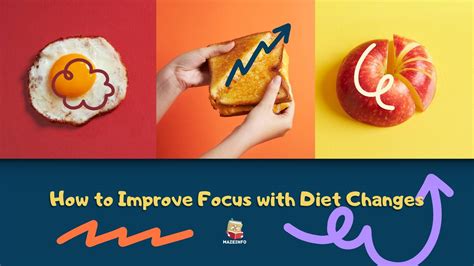
Testosterone, often dubbed the primary male hormone, plays a crucial role in more than just sex drive. It influences muscle mass, bone density, fat distribution, red blood cell production, and mood. While levels naturally decline with age, modern lifestyles and dietary habits can accelerate this process. The good news is that strategic dietary adjustments can significantly impact your hormonal health, offering a natural pathway to optimize T-levels.
The Foundation: Essential Micronutrients for Testosterone
Certain vitamins and minerals are non-negotiable for testosterone production and regulation. Ensuring adequate intake of these micronutrients is a foundational step.
- Zinc: This mineral is vital for hormone production and immune function. Deficiencies have been linked to lower testosterone. Excellent sources include oysters, red meat, poultry, beans, nuts, and whole grains.
- Vitamin D: More than just a vitamin, it functions as a steroid hormone in the body. Research consistently shows a correlation between adequate vitamin D levels and higher testosterone. Fatty fish (salmon, mackerel), fortified dairy, and sun exposure are key.
- Magnesium: Involved in over 300 enzymatic reactions, magnesium plays a role in muscle function, energy production, and hormone regulation. Leafy greens, nuts, seeds, legumes, and whole grains are rich sources.
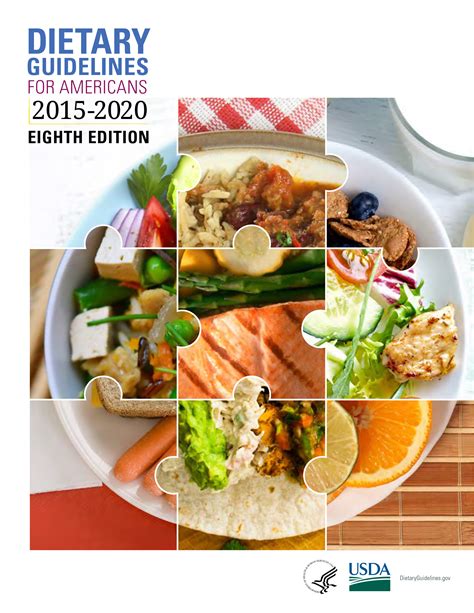
Healthy Fats Are Essential
Contrary to old beliefs, not all fats are bad. Healthy fats are absolutely crucial for hormone synthesis, as cholesterol is a precursor to testosterone. Focus on incorporating monounsaturated and polyunsaturated fats into your diet.
- Monounsaturated Fats: Found in avocados, olive oil, nuts (almonds, cashews), and seeds.
- Polyunsaturated Fats (especially Omega-3s): Rich sources include fatty fish (salmon, tuna, sardines), flaxseeds, chia seeds, and walnuts. These fats help reduce inflammation, which can indirectly support hormonal balance.
Conversely, trans fats, often found in processed and fried foods, should be avoided as they can negatively impact cholesterol levels and overall hormonal health.
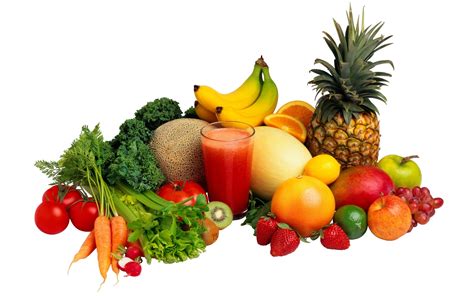
Protein: The Building Block for Muscle and Hormones
Adequate protein intake is fundamental for overall health, muscle maintenance, and hormone production. Lean protein sources provide the amino acids necessary for the body’s various functions, including the synthesis of hormones.
- Lean Meats: Chicken breast, turkey, lean beef.
- Fish: Salmon, cod, tuna.
- Eggs: A complete protein source, also rich in healthy fats and choline.
- Plant-Based Proteins: Lentils, beans, quinoa, tempeh, tofu.
Carbohydrates: Quality Over Quantity
The type and timing of carbohydrates can influence insulin sensitivity and, consequently, testosterone levels. Prioritize complex carbohydrates over simple sugars.
- Whole Grains: Oats, brown rice, whole-wheat bread. These provide sustained energy and fiber.
- Fruits and Vegetables: Packed with vitamins, minerals, and antioxidants, they support overall health and reduce oxidative stress that can impair hormone function.
Maintaining stable blood sugar levels by choosing low glycemic index carbohydrates can help prevent insulin spikes, which can be detrimental to testosterone production over time.
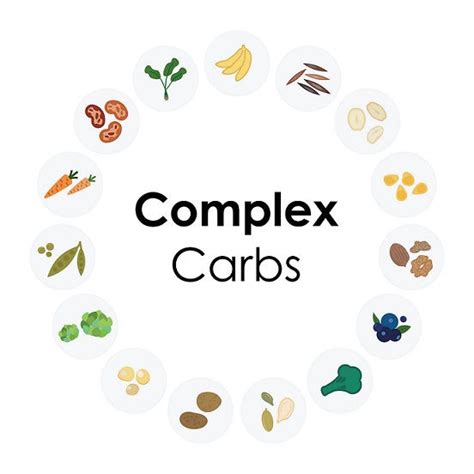
Foods to Limit or Avoid for Better Hormonal Health
Just as some foods boost T-levels, others can actively hinder them. Minimizing or eliminating these can significantly improve your hormonal profile.
- Processed Foods and Added Sugars: High intake can lead to insulin resistance, inflammation, and weight gain, all of which are associated with lower testosterone.
- Excessive Alcohol: Chronic heavy alcohol consumption can directly impair testicular function and increase the conversion of testosterone to estrogen.
- Certain Soy Products (in excess): While moderate soy consumption is generally safe, very high intake might increase phytoestrogens, which could theoretically impact hormone balance, though research is mixed and often context-dependent.
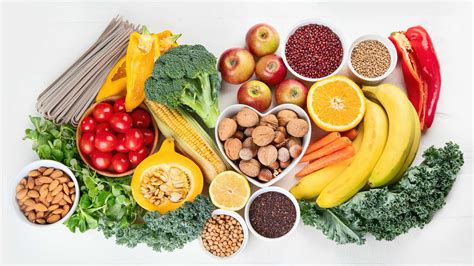
Beyond Diet: A Holistic Approach
While diet is a powerful tool, it’s part of a larger picture. For optimal hormonal health, consider integrating dietary changes with other lifestyle factors:
- Regular Exercise: Especially strength training and high-intensity interval training (HIIT).
- Adequate Sleep: 7-9 hours per night is crucial for hormone production and regulation.
- Stress Management: Chronic stress elevates cortisol, which can suppress testosterone.
Conclusion
Optimizing T-levels naturally is an achievable goal through thoughtful dietary choices. By prioritizing essential micronutrients, healthy fats, lean proteins, and complex carbohydrates, while limiting detrimental foods, men can significantly support their hormonal health. Remember, a holistic approach that includes diet, exercise, sleep, and stress management will yield the most comprehensive and lasting benefits for overall well-being and robust testosterone levels.










